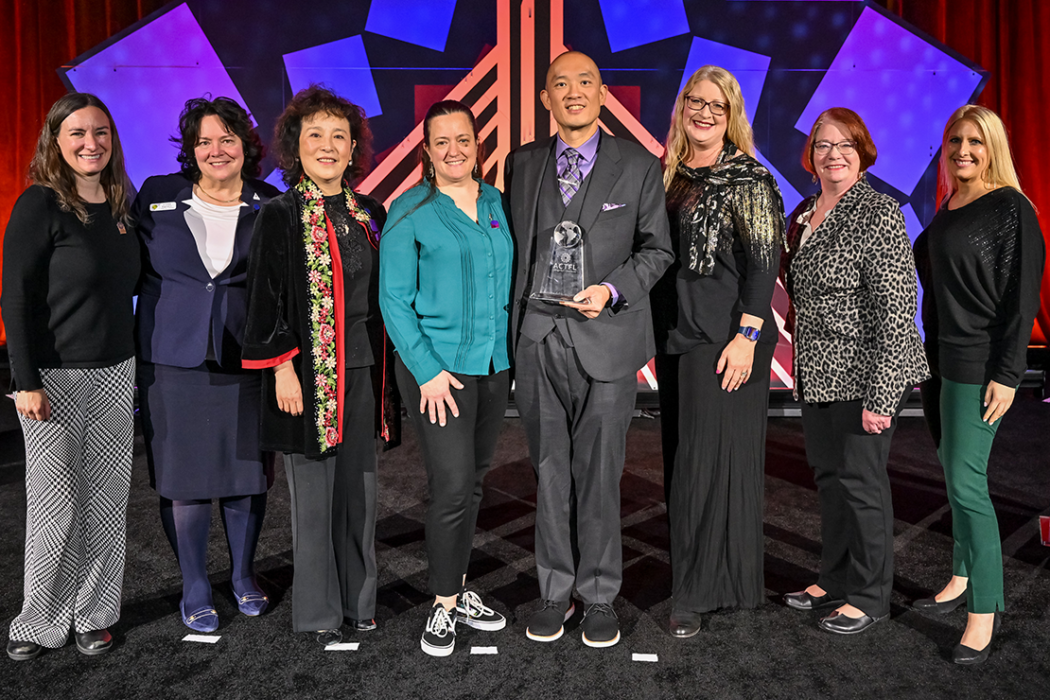Ashley Warren

2022 Hall of Fame Nominee

West Windsor Township, NJ
2022 Finalist from NECTFL
Spanish
I am a passionate person. My colleagues will tell you that I am passionate about teaching Spanish and creating inclusive, equitable learning communities. My supervisors will tell you that I am passionate about pedagogy, teacher leadership, and curriculum development. My students will tell you what I am most passionate about: them! Students are my passion. My love for students and teaching undergird my beliefs in the value of language education, my desire to increase students’ global competence, and my commitment to social justice.
When I was in school, teachers told me to learn a “foreign” language to increase my marketability. When I ask my students or dual language families why they have chosen to learn Spanish, I hear similar motives. I am honest with them; I want to challenge those motives. As Cesar Chavez said, “We cannot seek achievement for ourselves and forget about progress and prosperity for our community.” I believe that language education is about more than just improving students’ future prospects; teaching a language is about empowering students to connect with others and make a positive impact on the world.
Language teachers work towards this end in numerous ways. First, language instructors design instruction so that students’ communicative proficiency can develop across all three modes. This means that we help students at all proficiency levels to process comprehensible input and interact with peers, authentic texts, and global audiences in the target language. While promoting language acquisition may seem like the main goal of language educators, acquiring the target language is just the beginning; to make a difference in today’s world, our students need to understand and appreciate target language communities. Why? Because these languages are not “foreign.” These languages are spoken by our neighbors! We must help our students to work in concert with target language speakers to ensure that all voices are heard and all communities are valued.
Working to develop cultural competence in the world language classroom means more than highlighting cultural products, practices, and perspectives. It means helping students to develop essential skills for cross-cultural communication. I help my students to develop these skills by addressing global issues in the target language and inviting students to collaborate on shared global goals. I also help my students employ critical lenses so that we can see, denounce, and address global injustices. This requires that I foster a safe, democratic classroom and “center” the stories, work, and voices of historically marginalized peoples in my instruction. I often feel like a student in this work, as I learn alongside my students how to develop my own cultural competence and critically examine my teaching practices.
Language education is no easy task, but there is no greater joy than watching students find beauty and power in another language and culture. By designing a strong classroom community and developing students’ linguistic and cultural competence, language teachers can help students to become empathetic neighbors who exercise their agency and fight for a better world in another language: the target language!